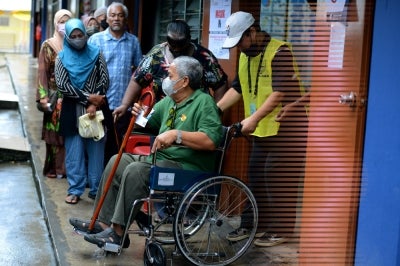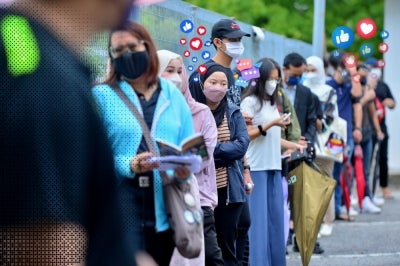Umno cleanup: An internal rejuvenation or a political gamble?
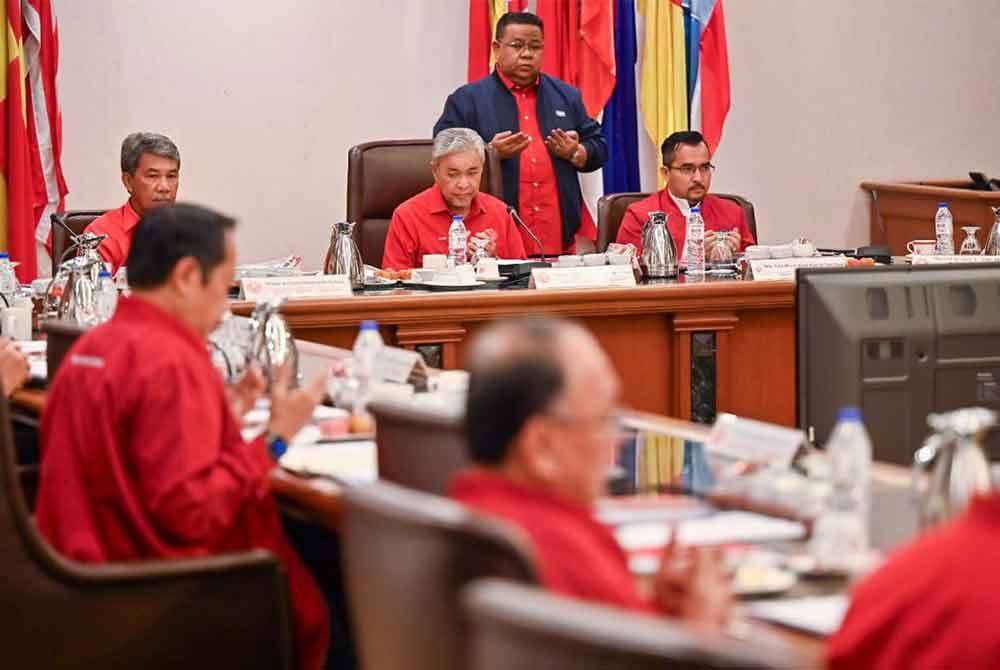
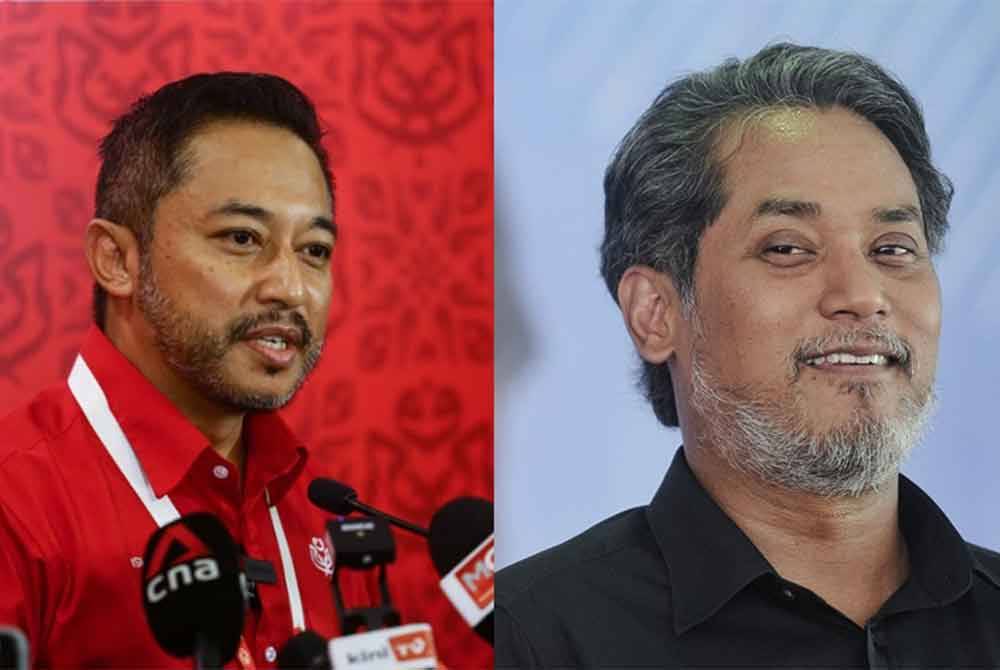
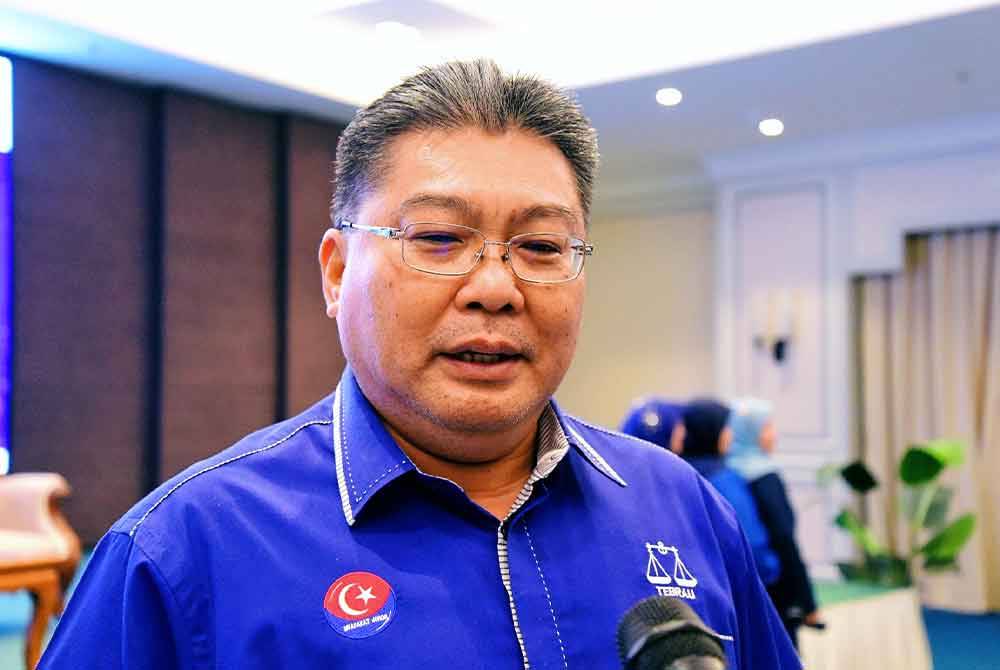
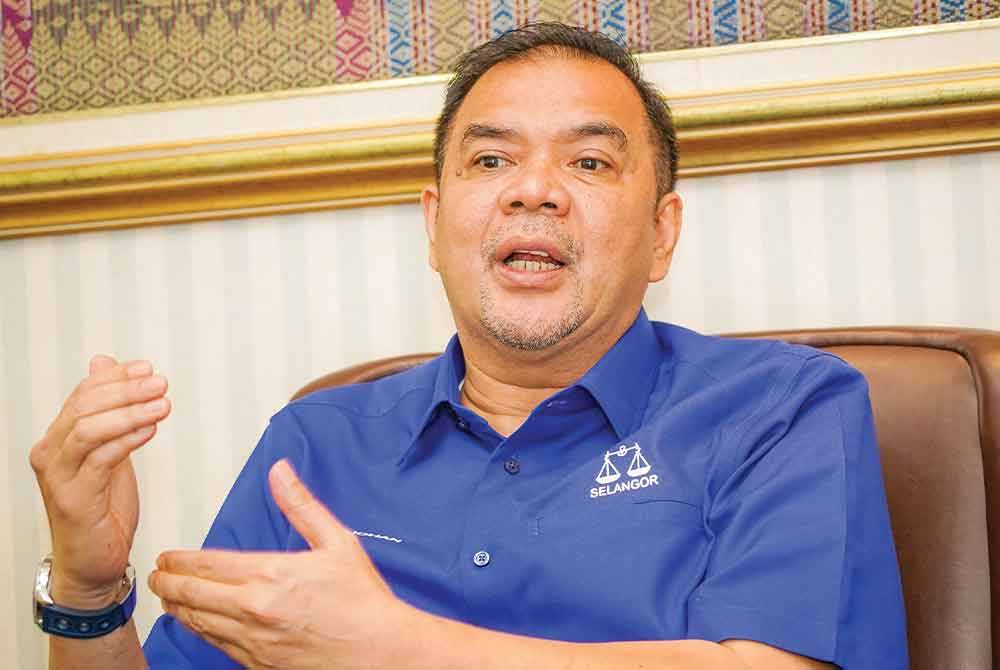
SHAH ALAM - While Umno president Datuk Seri Ahmad Zahid Hamidi and his deputy Datuk Seri Mohamad Hasan solidified their positions after the party's recent General Assembly in March, the party's ongoing "purification process" raises questions about its purpose and effectiveness.
Since assuming leadership after the 14th General Election (GE14), Zahid, with the backing of the Supreme Council, has removed several leaders deemed problematic.
Recognising Umno's vulnerability after Barisan Nasional's (BN) 2018 downfall, he made significant decisions to ensure the party's survival.
These included dismissing leaders deemed disloyal, navigating the Muafakat Nasional pact with Pas, forming the Perikatan Nasional (PN) government with Parti Pribumi Bersatu Malaysia (Bersatu) and collaborating with Pakatan Harapan (PH) in the current unity government.
Despite these efforts, Umno faces a deficit of support from Malay voters and even its own core supporters.
The dismissals of popular figures like Khairy Jamaluddin, Datuk Seri Hishammuddin Hussein and Datuk Seri Shahidan Kassim exacerbated this situation.
Most recently, Supreme Council member Isham Jalil became the latest casualty following criticisms of the party and Zahid on social media.
Sinar reported that 18 top Umno leaders have been dismissed or suspended since Zahid's presidency.
Strength or weakness?
The question arises: Is this purification process necessary for Umno's growth, or merely a desperate attempt by Zahid to retain power?
According to MB Global Political Analysis senior consultant Dr Malike Brahim, the purge strengthened Zahid's internal influence but did little to improve Umno's public image.
He believed it will be interpreted as an attack on party democracy.
"While this may control internal dissent, dismissing too many dissenting voices ultimately has more negative implications," he said.
He suggested a shift towards a more diplomatic approach, urging the leadership to engage with dissenting voices rather than resort to immediate dismissals.
Uniting or shrinking?
Former Umno Teberau division chief Datuk Maulizan Bujang believed that the party should prioritise unity over shrinking its ranks through dismissals and suspensions.
He also stressed the importance of openness to criticism and diverse opinions.
"Umno needs to face the reality of why Malay voters, even its staunch supporters, rejected the party after GE15.
"Blaming vocal party leaders is not the answer," he said.
He argued that those who were dismissed still love Umno but feel frustrated by the party's leadership and its lack of responsiveness to the people's concerns.
Wolf in sheep's clothing
However, Umno Supreme Council member Datuk Johan Abdul Aziz defended the dismissals, viewing them as necessary to remove "hidden enemies" like Isham.
He believed members must be genuinely loyal and refrain from public criticism after making decisions.
"Umno only needs members who are genuinely sincere to work together with the leadership to fulfill Umno's struggle agenda.
"In party meetings, differing opinions are common.
"However, when decisions have been made by the Supreme Council or the party leadership, do not criticise any of these decisions in inappropriate channels," he said.
Download Sinar Daily application.Click Here!




